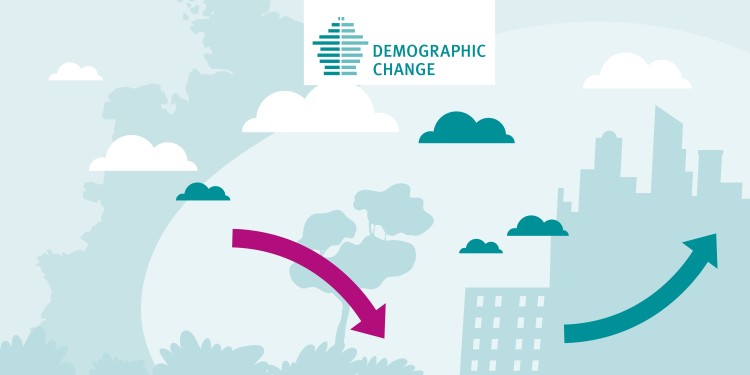

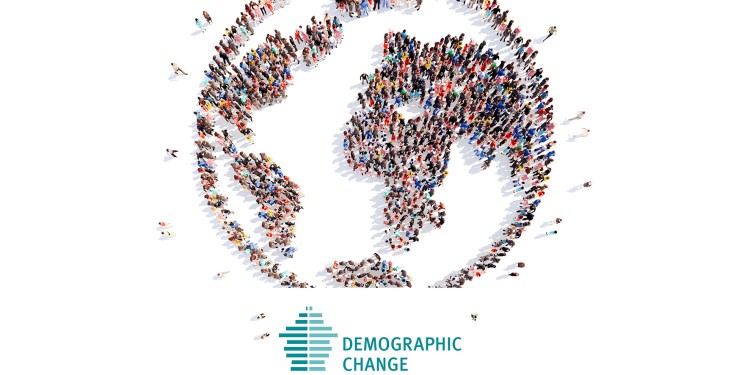
Boldly facing demographic change

A moral right to stay
Events
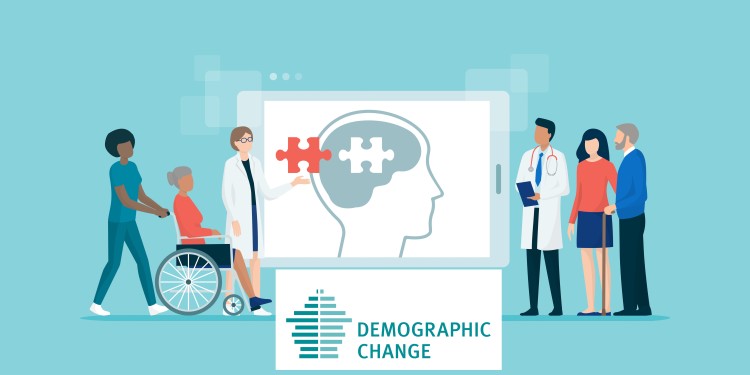
Changing healthcare
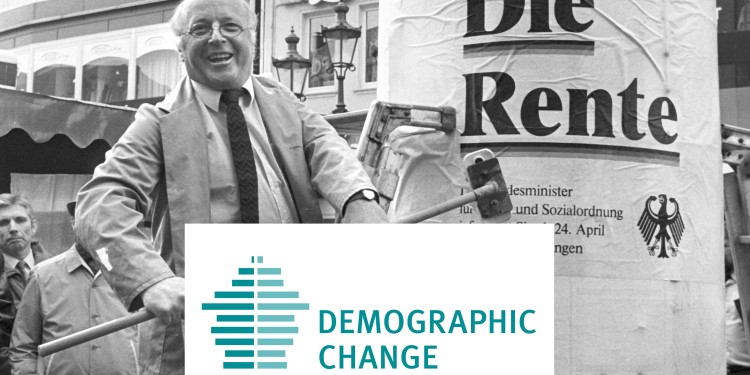
Fact-check: two experts explain the challenges facing the German pension system

Being young in an ageing society
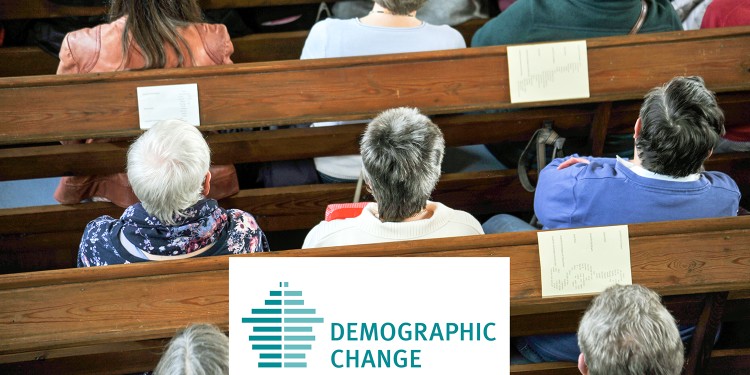
"Membership of the churches will halve by 2060"

Senior Guest Programme Office support personal and academic development

In the midst of demographic change
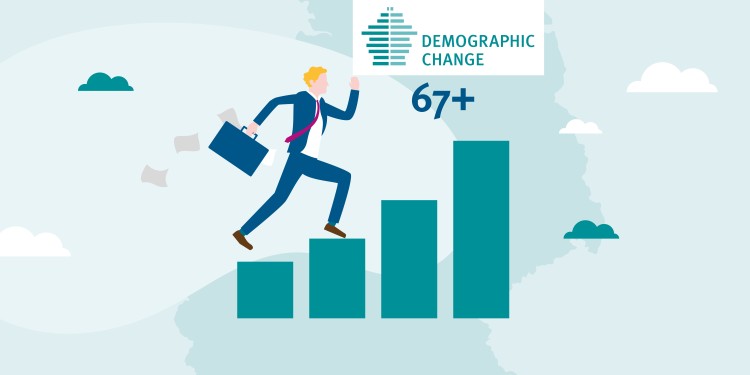
"We need to tackle problems more openly"
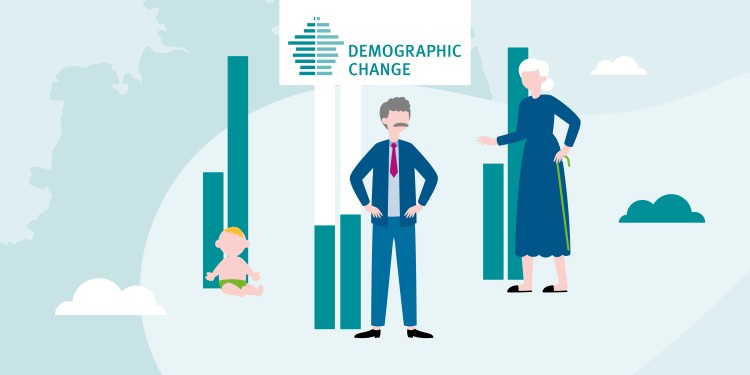
"More and more people need long-term medical care"
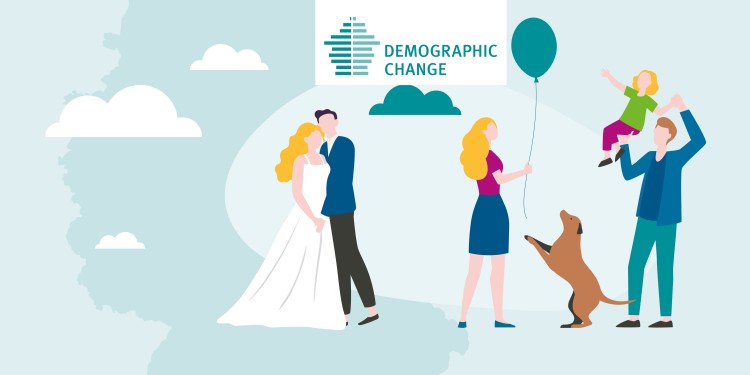
"Many life plans have changed"
Your search did not match any of our news releases.
Suggestions:
- Make sure that all words are spelled correctly.
- Try different keywords.
- Try more general filters.
- Expand the period of time.

